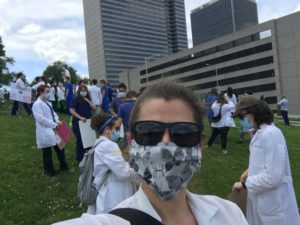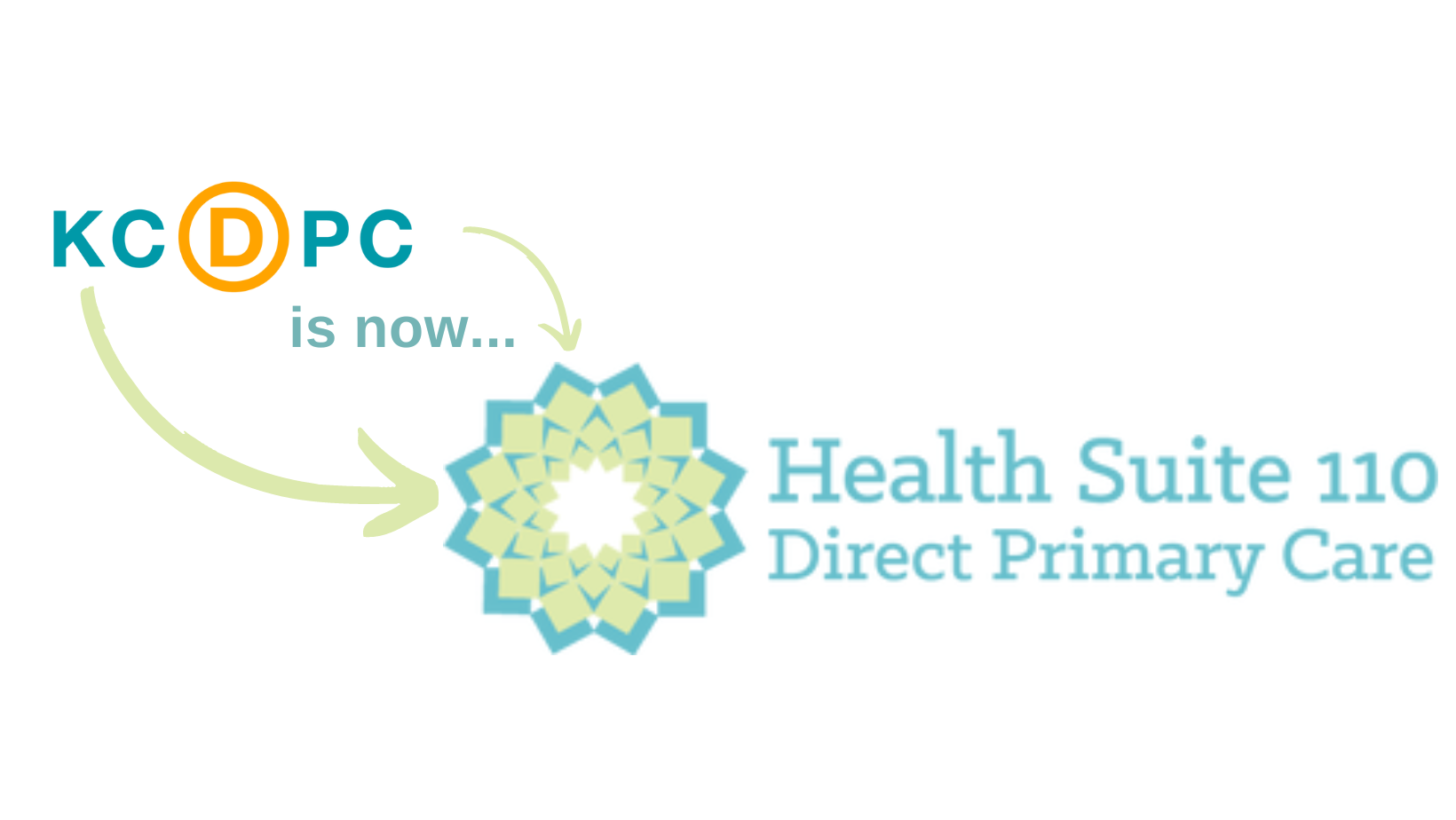Black lives matter, and they matter to us as physicians. We recognize that the medical system has time and again treated the African American community in ways that lead to unacceptable health outcomes. Data show that African American women and infants have increased rates of death in childbirth, African Americans have lower life expectancy, and African Americans have been disproportionately killed by the covid-19 pandemic.
This is due to many factors. We recognize that healthcare workers carry implicit biases that affect the quality of the care they provide, oftentimes unconsciously. There have also been overtly racist efforts undertaken by the healthcare industry — the Tuskeegee Syphilis Study being an overtly egregious example of such atrocities. This country has also constructed social determinants of health that have made accessing basic needs difficult for minority populations — things like undercutting high-quality education in minority neighborhoods, access to healthcare, connections to steady employment and economic opportunities, financial literacy, safe and affordable housing, etc.. All of these things contribute to the poor health outcomes that hit minority communities the hardest.
Race is a social construct used to separate humans based on the amount of melanin — the amount of pigment — in their skin. It is one of many societal constructs that have systematically oppressed and marginalized groups of people including but not limited to immigrants, LGBTQ, and, most visibly at this time, the African American community. As physicians, we care for all human life, but recognize that inequality causes health disparities, therefore we support movements that bring these inequalities to the forefront of our national discourse.
We commit to deconstructing barriers to these basic needs by increasing access to primary medical care. We are here to meet the needs of people in the urban core no matter their insurance status, ethnicity, citizenship, education level, political affiliation, sexual orientation or gender identity. We are here to truly see and hear and listen to our black and brown colleagues, neighbors, and patients.
The point of this statement — in all its clumsiness — is not to place blame or to shame any group of people into a defensive stance, but to elevate the discourse surrounding the insidiously pervasive manner in which racism affects large swaths of our community.
We recognize that racism exists. And we also recognize that moving towards a better future means that we, the people of this great nation, must stand together to form solutions. We commit to doing our small part here at Kansas City Direct Primary Care by continuously pushing the status quo of healthcare to become more inclusive and more mindful of the catastrophic financial effects our current system has on those who are most vulnerable. It’s small, but it’s what we do well and what we promise to do for those in our care.

Dr. Edwards recently attended the White Coats for Black Lives protest outside of Children’s Mercy Hospital
